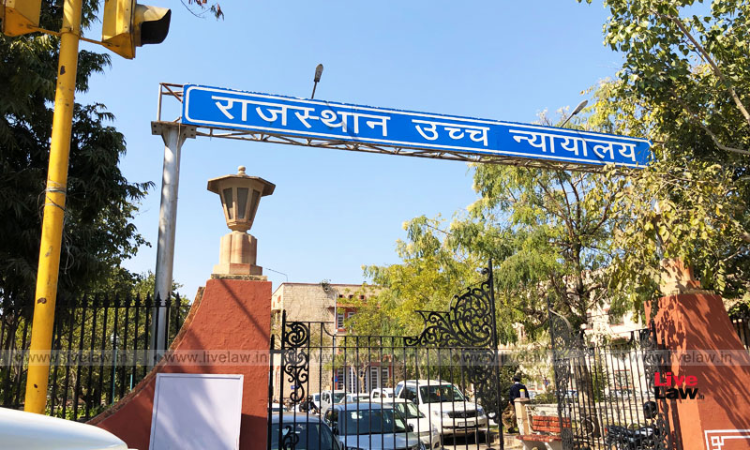Object Of Rent Control Act Is Not To Deprive Landlords Of Their Bona Fide Properties: Rajasthan High Court
ANIRUDH VIJAY
27 May 2022 7:18 PM IST

Next Story
27 May 2022 7:18 PM IST
The Rajasthan High Court has observed that the basic object of the Rajasthan Rent Control Act, 1950 is to save the harassment of tenants from unscrupulous landlords. The court added that the said object may not be misconstrued to deprive the landlords of their bona fide properties for all times to come.Justice Sudesh Bansal observed,"It may be noticed that the rent control legislation...
